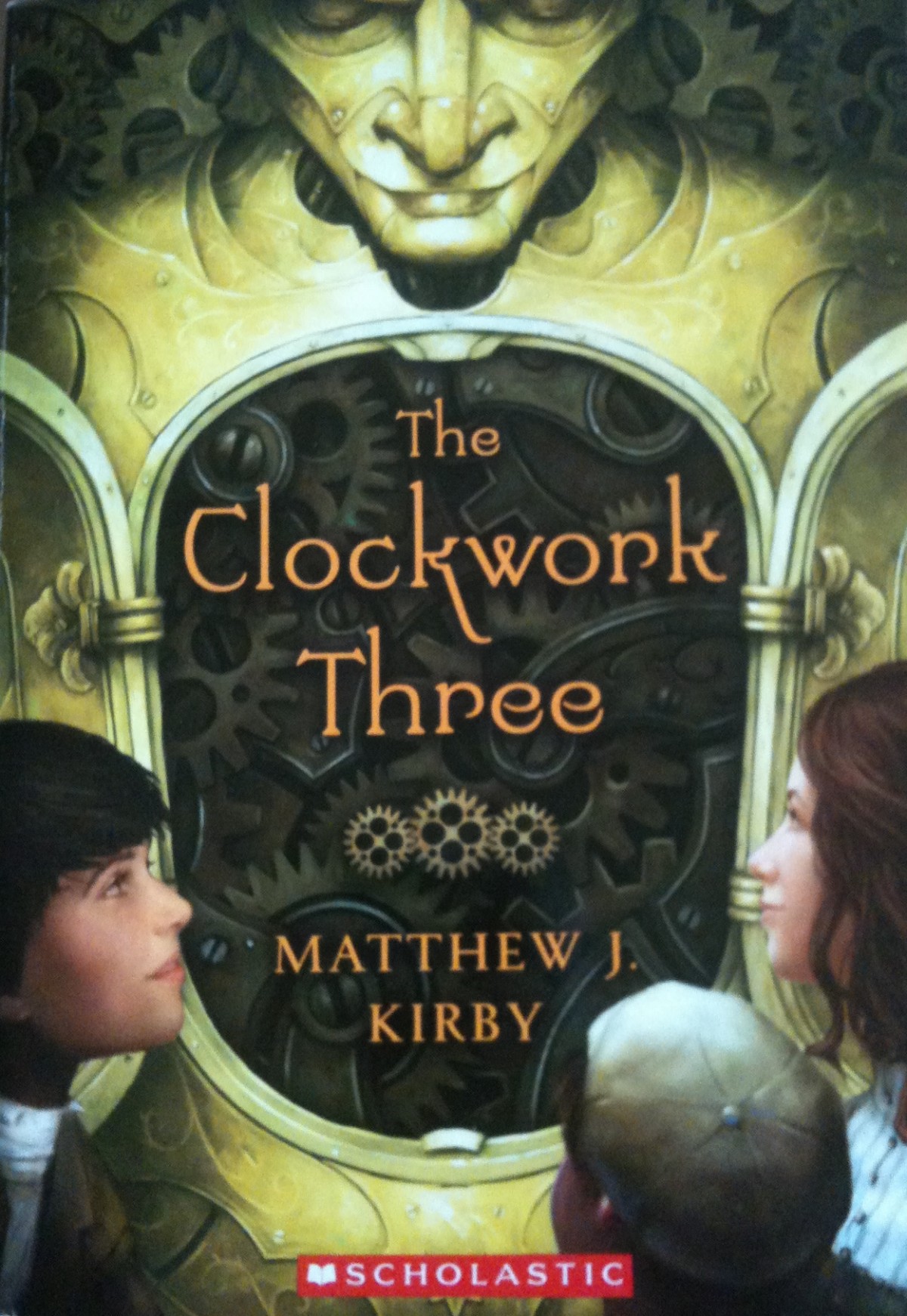At a conference as large and as awesome as the SCBWI Summer Conference, there are numerous sessions to choose from. They offer it all. The first day of the conference, I chose to attend Matthew J. Kirby’s talk entitled, “Form, Not Formula”. I’m so glad I did.
Matthew J. Kirby is a trifecta presenter: he’s smart, he’s interesting and he communicates information well. I would gladly attend day-long or multiple day workshops led by him. He’s full of good information and he’s good at getting it across.
So, in this session, Kirby talked about the form of story. He likened it to the framing of a house. It’s an armature the gives the story a trajectory. But it’s not a story until you put someone into the structure.
I took pages of notes in this session. I’m going to share just the highlights here.
Story, Kirby says, is “an act of meaning-making.” Plot imposes structure on story to clarify and focus the meaning.
Plot must serve the purpose of the story, and not the other way around.
A meaningful story resonates, illuminates and expands or challenges our understanding of the world around us.
Kirby is a collector of quotes, and shared a number of them during the session. One of the best, perhaps, was from Richard Peck: “The story should be the question and never the answer.”
Kirby went on to explain different models of plot and form, the differences between outer plot and inner plot, and how to create a satisfying form for a story.
Form, he says, is a contract with your reader, and it should stay true to itself. For example, answering the form of a mystery with the climax of an action/thriller won’t satisfy your reader. You won’t have fulfilled their expectations.
Here are some bits of advice left us with:
- Aim your trajectory at a point where it seems that all is lost
- Learn when to pack it in and when to leave it out
- Sensory and emotional details bring a magnifying glass on a scene when it matters most
- Let the story unfold naturally, be guided by your characters and not the plot
- Plot serves your story, and so do you
Trust your characters, Kirby says, and the events you’ve set in motion.
Great session. Great advice.


